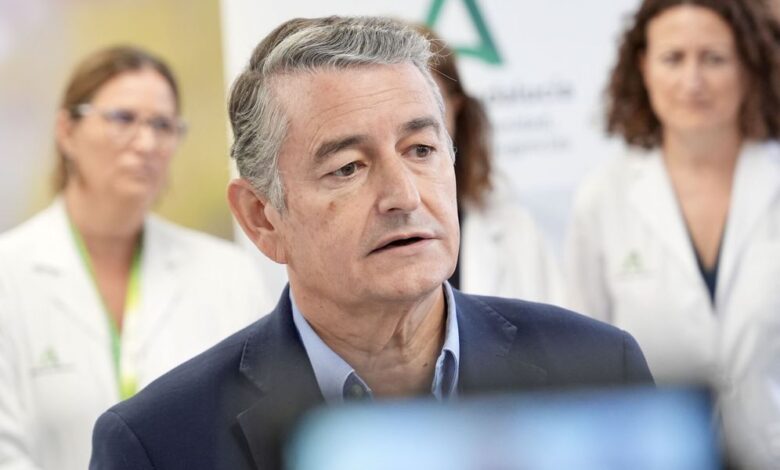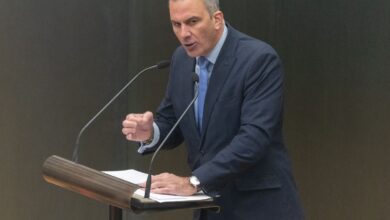
A series of management shake-ups continues in Andalusia’s healthcare system. This time, the blow fell on the head of the territorial administration in Seville, Manuel Molina. His resignation was a direct result of a major failure in the breast cancer screening program, which left more than two thousand women without timely information about their screening results.
Molina, who previously ran the region’s largest hospital, Virgen del Rocío, was appointed to his position in 2019. Over the years, he also worked in Madrid, where he held senior roles in the healthcare system, and later moved to Andalusia as an advisor before becoming the hospital’s director. However, it was during his tenure in Seville that a critical error occurred, prompting a comprehensive review of staffing throughout the regional Health Ministry.
The problems began when the women’s association Amama raised concerns about poor communication with patients whose screening results were inconclusive. Authorities admitted that an order was issued at Virgen del Rocío hospital which led to errors in patient notifications. Following this, several mid-level managers and the former Health Minister, Rocío Hernández, who had appointed Molina to his post, resigned.
New leadership and plans for reform
Silvia Pozo has replaced Molina. Until recently, she worked in the Seville municipality, overseeing health and sports initiatives. Pozo is a trained nurse with experience in intensive care and holds a degree in healthcare management. She is already familiar with Amama’s work and has participated in meetings with members of the association, which could help foster dialogue between patients and authorities.
The change in leadership in Seville is just one part of a broader overhaul initiated by Andalusia’s new Health Minister, Antonio Sanz. He plans to update the regional healthcare system in stages, but acknowledges that only a few months remain in the current political cycle. The authorities do not want to make sweeping changes overnight. Instead, they prefer a gradual approach and tightening quality control over medical services.
Public response and outlook
The screening errors scandal has sparked widespread public outcry. Women’s organizations continue to demand transparency and assurances that such incidents will not happen again. At the same time, the government admits that the crisis exposed weak points in communication between healthcare institutions and patients. The new head of Seville’s health services faces a difficult task — restoring trust and ensuring the effective operation of early diagnosis programs.
New steps to reform the system are expected in the coming months, but experts doubt that all the changes can be implemented before the end of the current legislature. Nevertheless, the authorities promise not to delay decisions and have already begun reviewing key processes in the regional healthcare system.












